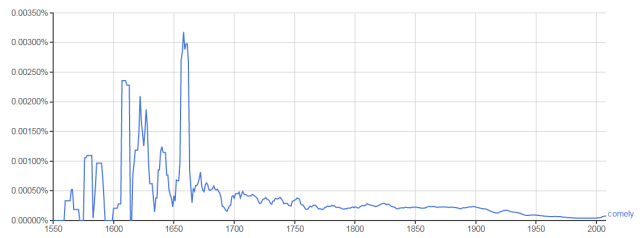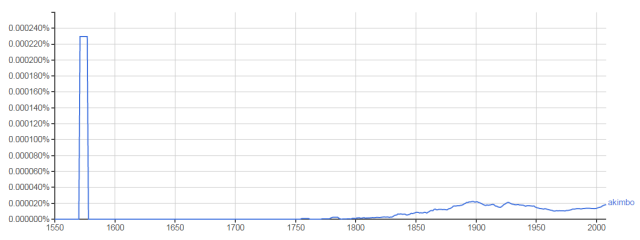intr. v. To dawdle aimlessly; to idel time away.
The origin of moodle is uncertain, although it may be a blend of mooch (v.) and noodle (v.). It was apparently first used by G.B. Shaw in the late 19th century.
Use of the word according to the Google Books Ngram Viewer:








